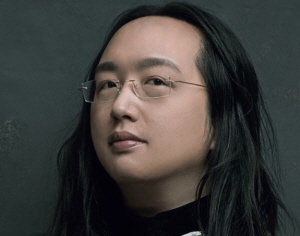


Audrey Tang, Taiwan’s youngest-ever minister and a renowned software programmer, played a pivotal role in the country’s early success in combating the COVID-19 pandemic. In 2020, Tang spearheaded the development of dozens of "mask map applications," ensuring efficient distribution and public access to masks. Thanks to such digital innovations, Taiwan recorded only 766 cumulative COVID-19 cases and an astonishingly low fatality rate of 0.9% throughout the year. Tang was a key contributor to this remarkable achievement. A child prodigy, Tang began programming at the age of 8 and was self-taught in software development by 14. By 16, she had already contributed to search engine development, marking the start of her career as a programmer. At 19, she became an advisor to top Silicon Valley tech companies, including Apple and BenQ. She also made significant contributions to the development of the programming language Perl 6 (now Raku). Tang’s commitment to digital transparency and civic engagement became evident when the Taiwanese government’s top-down public messaging faced backlash. In response, she and her peers created g0v (Gov Zero), an open-source platform that transformed scattered government data into easily accessible and transparent information, fostering greater citizen participation. In 2014, during Taiwan’s historic Sunflower Student Movement, she played a crucial role by facilitating real-time information sharing, mediating discussions, and ensuring the movement"s success through digital tools.
As Minister of Digital Affairs, Tang continues to revolutionize government-citizen collaboration. She coordinates digital initiatives across government agencies and has launched platforms like vTaiwan and Join, which encourage public deliberation and integrate collective intelligence into policymaking. Her work demonstrates how digital technology, the internet, and artificial intelligence can drive social progress, address inequality, and foster inclusive dialogue. Throughout her career, she has remained dedicated to using technology for the common good. Tang’s global influence has been widely recognized?she was named one of Foreign Policy’s "Top 100 Global Thinkers" in 2019 and one of TIME magazine’s "100 Most Influential People" in 2020.